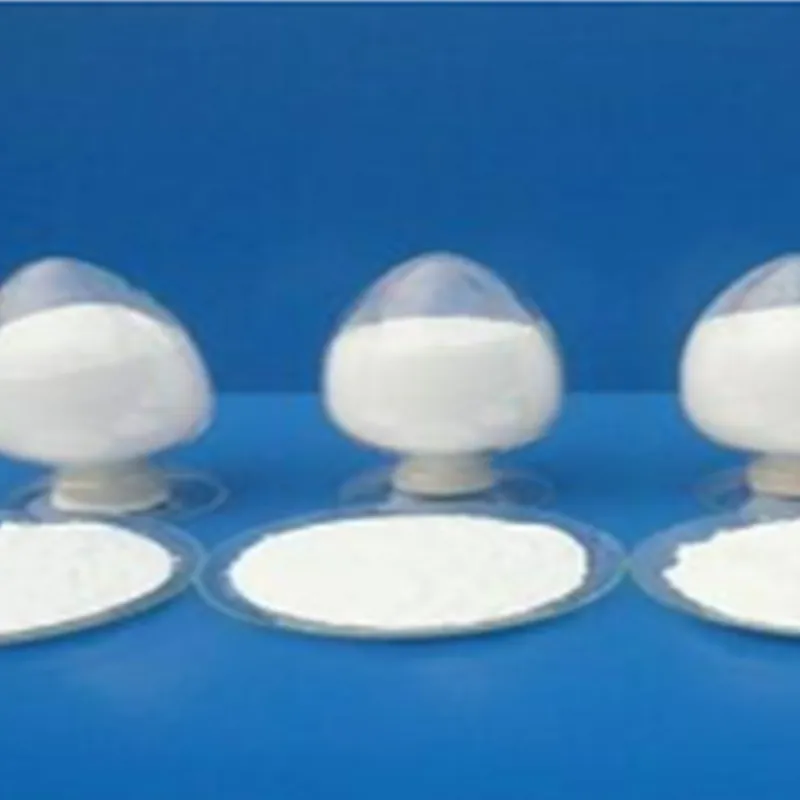
Understanding the Role and Function of Anti-Caking Agents in Food Products
Understanding Anti-Caking Agents Importance, Types, and Uses
Anti-caking agents are substances added to powdered or granulated materials, such as food, fertilizers, and industrial products, to prevent the agglomeration of particles. The phenomenon of caking occurs when small particles clump together, forming larger lumps that can become hard and difficult to handle. This can affect the flowability, appearance, and usability of products. In many industries, maintaining the quality and functionality of powdered materials is crucial, prompting the use of various anti-caking agents.
Importance of Anti-Caking Agents
The primary function of anti-caking agents is to maintain the free-flowing nature of powders. For instance, in the food industry, products like powdered milk, spices, and salt can easily clump together due to moisture absorption or static charge. This not only makes the products less appealing but can also affect their measurement and mixing. In industrial contexts, caking can disrupt processes, leading to equipment blockages and reduced efficiency. By incorporating anti-caking agents, manufacturers can significantly enhance product quality, improve shelf life, and ensure uniformity in processing and application.
Types of Anti-Caking Agents
Anti-caking agents can be categorized into several types based on their composition and mode of action. Some of the most common types include
1. Silicates These are one of the most widely used anti-caking agents. They work by coating particles and preventing them from sticking together. Common examples include sodium aluminosilicate and magnesium silicate, which are often found in powdered and granulated food products.
2. Phosphates Certain phosphates, such as tricalcium phosphate and sodium phosphate, also serve as effective anti-caking agents. They are particularly useful in powdered dairy products and beverages, allowing for better flow and easier mixing.
3. Carbohydrates Natural substances like starches and dextrins are used in some food products as anti-caking agents. They absorb moisture and create a protective barrier around particles, reducing the chances of clumping.
anti caking agents

4. Fatty Acids and Their Salts Compounds such as calcium stearate and magnesium stearate are effective in various industrial applications. They modify the surface characteristics of powders, enhancing their flow properties.
5. Natural Anticaking Agents With the rise of clean label trends, many manufacturers are turning to natural anti-caking agents like beetroot powder, rice hulls, and other plant-based materials, which offer a more organic approach to preventing caking.
Applications of Anti-Caking Agents
Anti-caking agents find extensive applications across diverse sectors. In the food industry, they are employed in products such as
- Spices and Seasonings To ensure free-flowing and easily dispensed products. - Baking Powders To prevent clumping that could affect the leavening process. - Salt and Sugar To maintain pourability and prevent hardening.
In the agricultural sector, anti-caking agents are used in fertilizers and pesticides to enhance handling and application efficiency. Additionally, in industrial settings, they are crucial in the manufacture of chemicals, plastics, and pharmaceuticals to ensure the consistent flow of powdered materials during processing.
Conclusion
In summary, anti-caking agents play a vital role in enhancing the quality and usability of powdered and granulated materials across various industries. Their ability to prevent clumping not only improves product appearance and flowability but also ensures effective processing and application. As industries continue to innovate and prioritize product quality, the development and use of effective anti-caking agents will remain a critical area of interest. Whether derived from synthetic sources or natural materials, these agents contribute significantly to consumer satisfaction and operational efficiency, underscoring their importance in modern manufacturing practices.
-
Understanding Synthetic Rubber OptionsNewsApr.27,2025
-
Trichloroisocyanuric Acid: Essential for Clean and Safe WaterNewsApr.27,2025
-
Sodium Dichloroisocyanurate: Key to Safe Water TreatmentNewsApr.27,2025
-
Sodium Acid Pyrophosphate: Essential in Modern Food ProcessingNewsApr.27,2025
-
Essential Water Treatment ChemicalsNewsApr.27,2025
-
Denatured Alcohol and Its Industrial UsesNewsApr.27,2025
-
The Versatile Uses of Sodium BicarbonateNewsApr.24,2025
Hebei Tenger Chemical Technology Co., Ltd. focuses on the chemical industry and is committed to the export service of chemical raw materials.
-

view more DiethanolisopropanolamineIn the ever-growing field of chemical solutions, diethanolisopropanolamine (DEIPA) stands out as a versatile and important compound. Due to its unique chemical structure and properties, DEIPA is of interest to various industries including construction, personal care, and agriculture. -

view more TriisopropanolamineTriisopropanolamine (TIPA) alkanol amine substance, is a kind of alcohol amine compound with amino and alcohol hydroxyl, and because of its molecules contains both amino and hydroxyl. -

view more Tetramethyl Thiuram DisulfideTetramethyl thiuram disulfide, also known as TMTD, is a white to light-yellow powder with a distinct sulfur-like odor. It is soluble in organic solvents such as benzene, acetone, and ethyl acetate, making it highly versatile for use in different formulations. TMTD is known for its excellent vulcanization acceleration properties, which makes it a key ingredient in the production of rubber products. Additionally, it acts as an effective fungicide and bactericide, making it valuable in agricultural applications. Its high purity and stability ensure consistent performance, making it a preferred choice for manufacturers across various industries.











